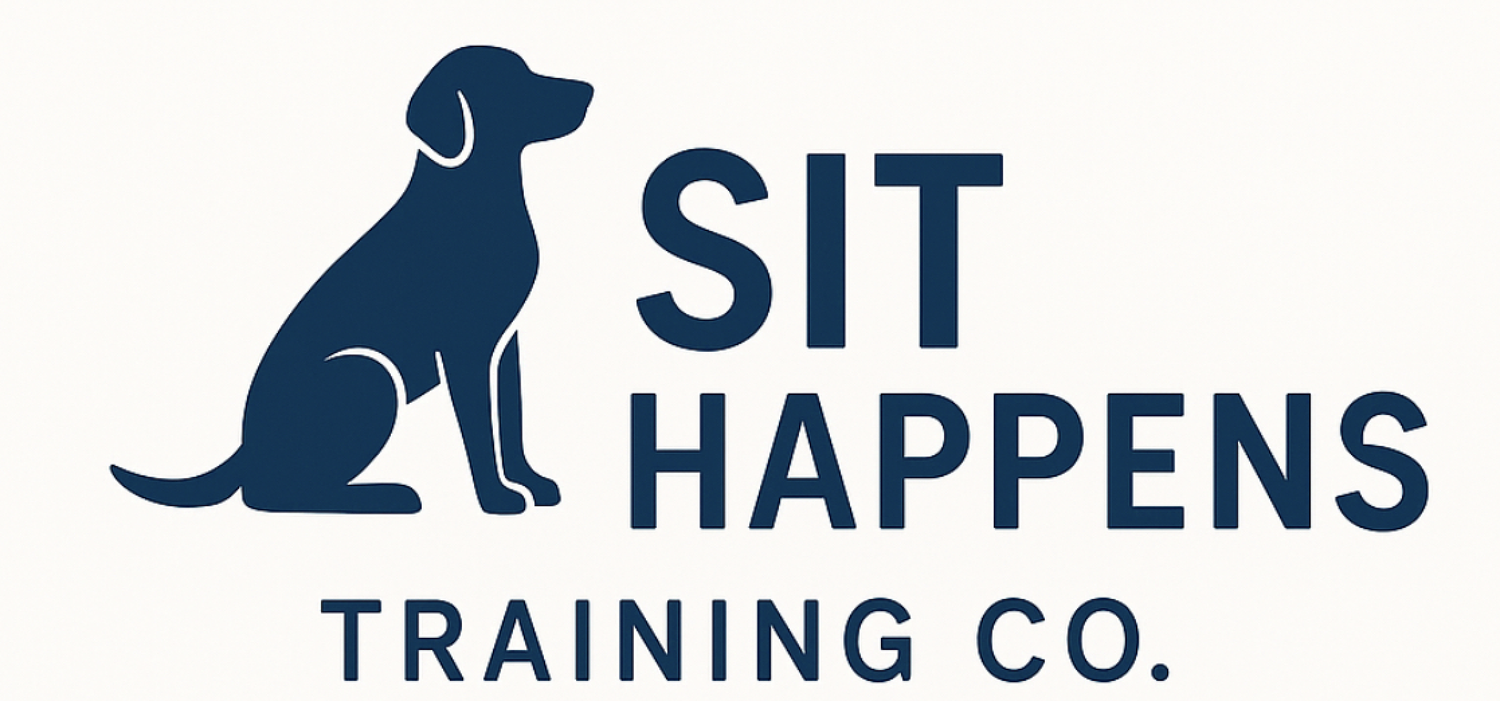Top Miscoceptions about Dog Training
There are a lot of myths floating around about dog training and believing them can actually hold you and your dog back. Some of the biggest ones are:
'“My dog is too old to learn”- We have all heard you can not teach a old dog new tricks but dogs of any age can learn new behaviors. While puppies may learn faster, older dogs are just as capable- it just takes consistency and the right motivation.
“Using treats is bribing”- Not at all. Treats are tools to teach new skills and build positive associations. With proper training, you can fade them out over time and reward with praise, play or real-lide outcomes.
2.5- “all treats are the same”- This is also false there is a different value involved with treats that is different with every dog. Some may do “easy” tasks for some kibble but need the sweet treat (cheese, peanut butter etc.) also known as high value treats for harder tasks they do not want to do.
“He knows what he is doing wrong”- Dogs don’t feel guilt like humans. That “guilty look” is actually stress or appasement becuase they sense you are upset- not becasue they underststand what they did is wrong (this will be discussed more in a future blog talking about positive and negative reinforcement).
“A well trained dog listens all the time”- Even the most well trained dogs have off days- just like us humans. Trainin is about building habits and communication, not perfection. If you end up training a service or therapy dog this is something you will struggle with, if they make the smallest mistake others are so quick to say he isint a real service dog, yet their kids are the one throwing food and screaming in the resturant.
One size fits all training- This is probably the biggest one out there. Again, we do not expect every single person in the world to learn the same way. We have barriers like language, previous education, available resources etc. Dogs are the same. They have different breeds which all have different traits to them that makes the training very. Some dogs may need prong collars to not pull (don’t feel bad if you need them, my service dog used it until recently and still will if someone else is taking him for a walk), some respond really well to a beep collar, some need a vibration or e-collar. Some will do anything for food, some will do anything for a new toy and some will do anything for some human or dog love. Some dogs will also be more stubborn, some may need the push to make them do something while that same approach may send a more timid dog back a few steps. This is why we train you and your furry friend together.
This is a perfect example of dogs always learning more then we realized, no one was more shocked then me when I said place and pointed and he hopped right up for a photo. As one of his trainers always said “trust your dog”!

